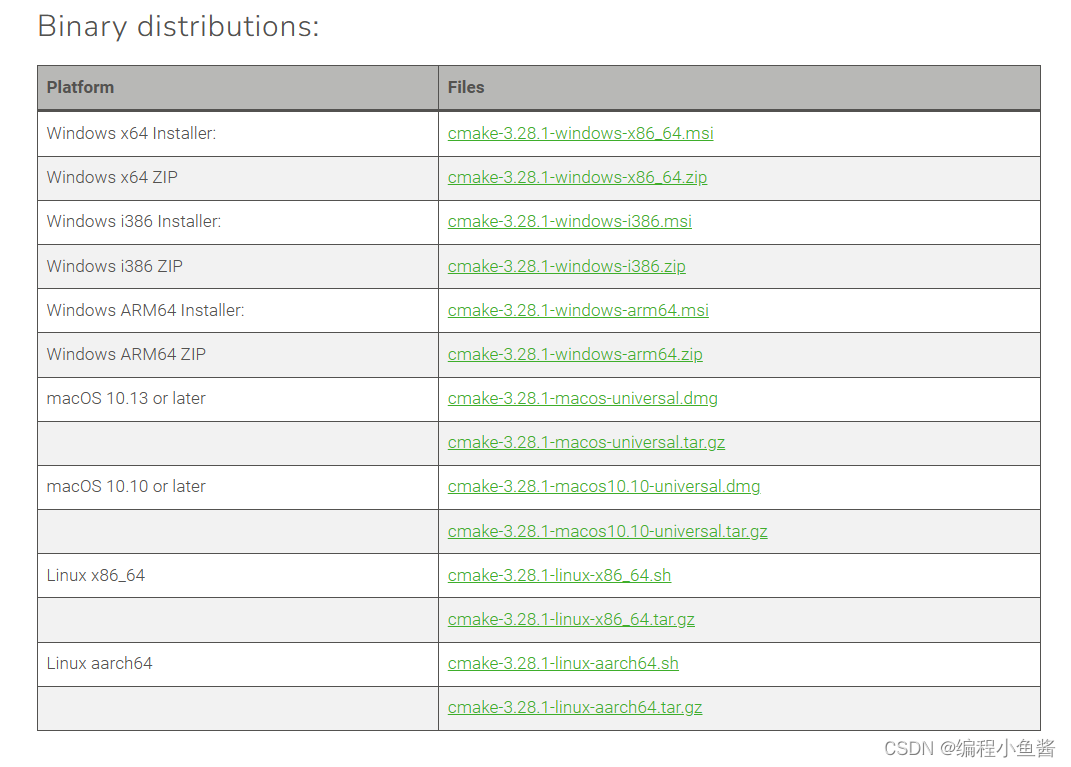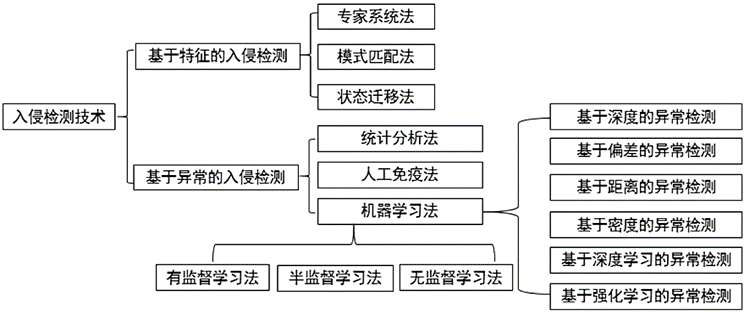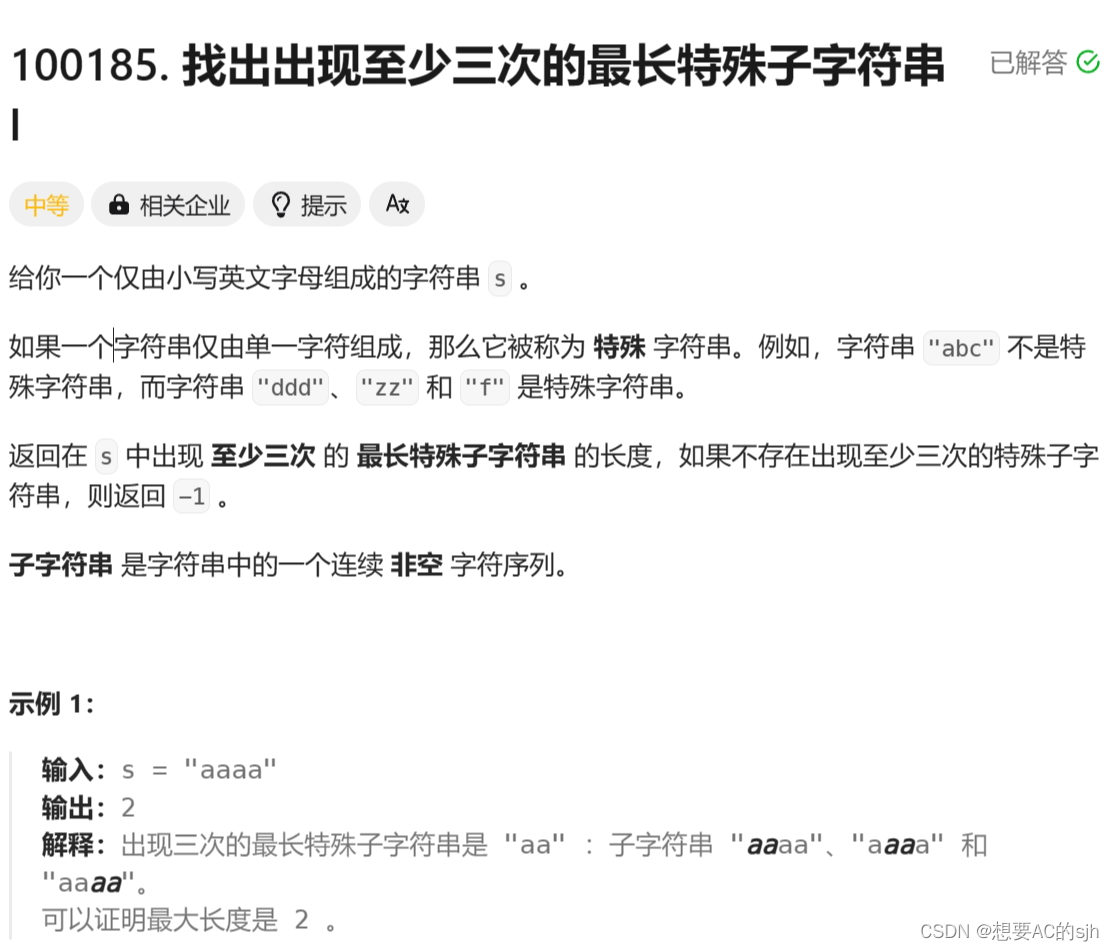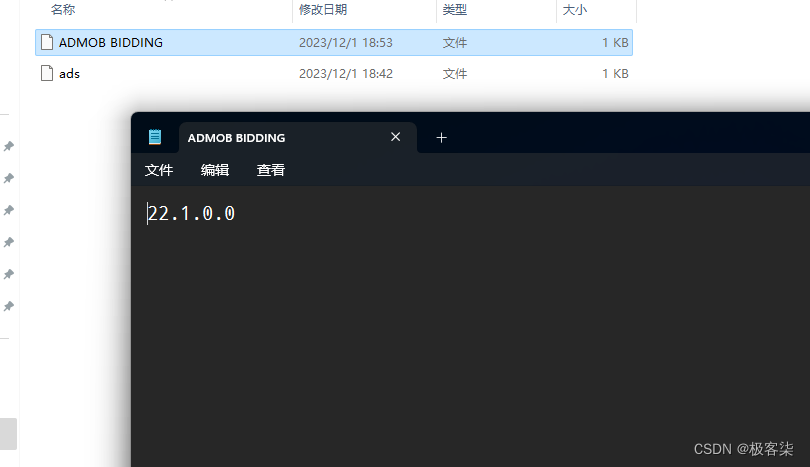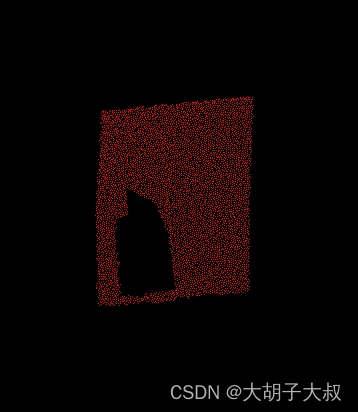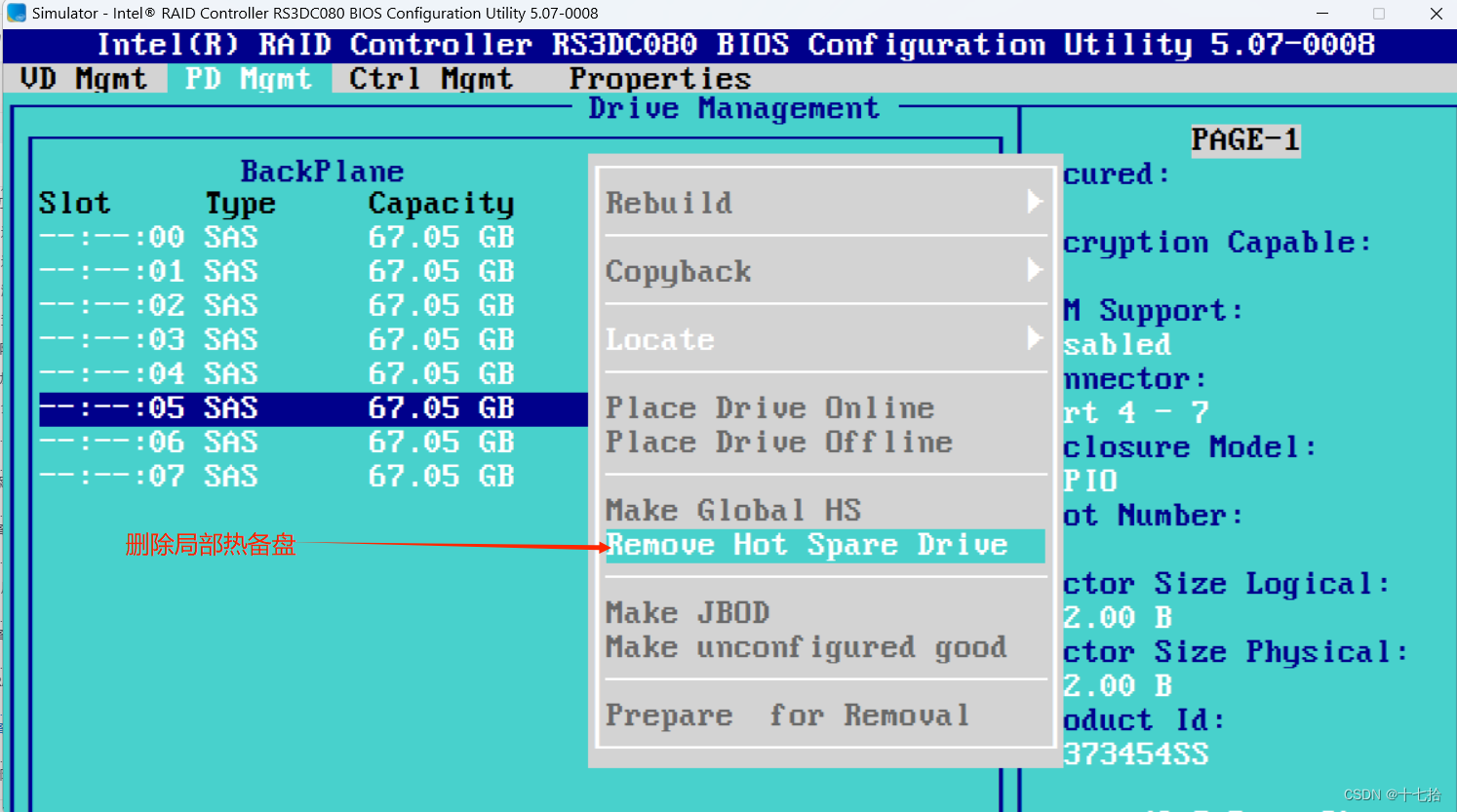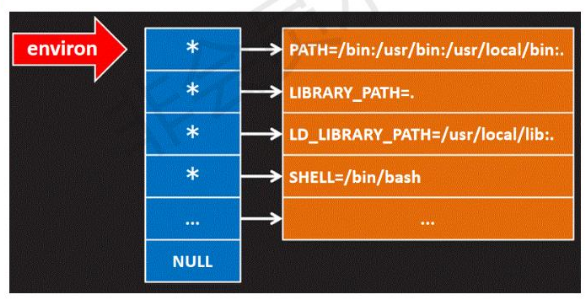前言
整体评价
感觉是分类讨论场,t3用二分,是因为二分不会错,直接分类讨论容易WA.
t4一开始看错题了,T_T, 看成翻转,写了半天StringHash, 还用上双hash,共8个StringHash。
重排的话,其实统计即可,使用26个前缀和,不过需要分类讨论,交集的情况相对麻烦。
T1. 检查按位或是否存在尾随零
思路: 找规律
核心为
偶数个数至少为 2 偶数个数至少为2 偶数个数至少为2
class Solution {
public boolean hasTrailingZeros(int[] nums) {
int cnt = 0;
for (int v: nums) {
if (v% 2 == 0) cnt++;
}
return cnt >= 2;
}
}
T2. 找出出现至少三次的最长特殊子字符串 I
和T3一起讲
T3. 找出出现至少三次的最长特殊子字符串 II
思路: 同字母分组,然后二分check/top-3分类讨论
利用滑窗,先按同字母进行分组,这样就可以得到连续字母的数字
其实上,拿到某个字母的最大段为m,其答案至少为m-2
这样枚举的话,时间复杂度为 O ( n ) O(n) O(n)
class Solution {
public int maximumLength(String s) {
char[] str = s.toCharArray();
Map<Integer, List<Integer>> hash = new HashMap<>();
int i = 0;
while (i < str.length) {
int p = str[i] - 'a';
int j = i + 1;
while (j < str.length && str[j] == str[i]) {
j++;
}
int cnt = j - i;
hash.computeIfAbsent(p, x -> new ArrayList<>()).add(cnt);
i = j;
}
int res = 0;
for (var kv: hash.entrySet()) {
List<Integer> lists = kv.getValue();
Collections.sort(lists, Comparator.comparing(x -> -x));
int l = 0, r = lists.get(0);
while (l <= r) {
int m = l + (r - l) / 2;
int cnt = 0;
for (int v: lists) {
if (v == m) cnt++;
else if (v == m + 1) cnt += 2;
else if (v >= m + 2) cnt += 3;
}
if (cnt >= 3) {
l = m + 1;
} else {
r = m - 1;
}
}
res = Math.max(res, r);
}
return res == 0 ? -1 : res;
}
}
T4. 回文串重新排列查询
思路: 对于回文,其实可以逆转后半段,区间重排是否相等,可以借助前缀和比较字母数即可
因为这题查询量大,而且很难离线处理。
因为这题的思路还是:
在线解法 在线解法 在线解法
那这题的核心就是,如何降低查询的时间复杂度
重排后相等,只要计数相等就行,因此按字母(26)前缀和求解即可
这题还有一个难点,就是改动区间有交集
class Solution {
int[] evalute(int[][] pre, int a, int b) {
int[] hash = new int[26];
for (int i = 0; i < 26; i++) {
hash[i] = pre[i][b + 1] - pre[i][a];
}
return hash;
}
boolean sub(int[][] pre, int a, int b, int[] hash, int[] hash2) {
for (int i = 0; i < 26; i++) {
int t = pre[i][b + 1] - pre[i][a];
hash[i] -= t;
hash2[i] -= t;
if (hash[i] < 0) return false;
}
return true;
}
public boolean[] canMakePalindromeQueries(String s, int[][] queries) {
int n = s.length();
int n2 = n / 2;
String s1 = s.substring(0, n2);
char[] str1 = s1.toCharArray();
String s2 = new StringBuilder(s.substring(n2)).reverse().toString();
char[] str2 = s2.toCharArray();
int[][] pre1 = new int[26][n2 + 1];
int[][] pre2 = new int[26][n2 + 1];
for (int i = 0; i < 26; i++) {
for (int j = 0; j < n2; j++) {
pre1[i][j + 1] = pre1[i][j] + (str1[j] - 'a' == i ? 1 : 0);
pre2[i][j + 1] = pre2[i][j] + (str2[j] - 'a' == i ? 1 : 0);
}
}
int[] diff = new int[n2 + 1];
for (int i = 0; i < n2; i++) {
diff[i + 1] = diff[i] + (str1[i] == str2[i] ? 1 : 0);
}
int m = queries.length;
boolean[] res = new boolean[m];
for (int i = 0; i < m; i++) {
int[] q = queries[i];
int a = q[0], b = q[1], c = q[2], d = q[3];
int c2 = n - 1 - d;
int d2 = n - 1 - c;
boolean ok = true;
// 分类讨论
int lMax = Math.max(a, c2);
int rMin = Math.min(b, d2);
if (rMin >= lMax) {
// 区间有交集
int p1 = Math.min(a, c2);
int p2 = lMax - 1;
int p3 = lMax;
int p4 = rMin;
int p5 = rMin + 1;
int p6 = Math.max(b, d2);
if (p1 - 1 >= 0) {
if (diff[p1] != p1) {
ok = false;
}
}
if (p6 + 1 < n2) {
if (diff[n2] - diff[p6 + 1] != n2 - p6 - 1) {
ok = false;
}
}
int[] hash1 = evalute(pre1, p1, p6);
int[] hash2 = evalute(pre2, p1, p6);
// *)
if (p2 - p1 >= 0) {
if (a == p1) {
ok = ok & sub(pre2, p1, p2, hash1, hash2);
} else {
ok = ok & sub(pre1, p1, p2, hash2, hash1);
}
}
if (p6 - p5 >= 0) {
if (b == p6) {
ok = ok & sub(pre2, p5, p6, hash1, hash2);
} else {
ok = ok & sub(pre1, p5, p6, hash2, hash1);
}
}
if (!Arrays.equals(hash1, hash2)) {
ok = false;
}
} else {
// 区间没交集
int p1 = Math.min(a, c2);
int p2 = Math.min(b, d2);
int p3 = p2 + 1;
int p4 = Math.max(a, c2) - 1;
int p5 = Math.max(a, c2);
int p6 = Math.max(b, d2);
if (p1 - 1 >= 0) {
if (diff[p1] != p1) {
ok = false;
}
}
if (p6 + 1 < n2) {
if (diff[n2] - diff[p6 + 1] != n2 - p6 - 1) {
ok = false;
}
}
if (p4 >= p3) {
if (diff[p4 + 1] - diff[p3] != p4 - p3 + 1) {
ok = false;
}
}
if (p2 >= p1) {
int[] hash1 = evalute(pre1, p1, p2);
int[] hash2 = evalute(pre2, p1, p2);
if (!Arrays.equals(hash1, hash2)) {
ok = false;
}
}
if (p6 >= p5) {
int[] hash1 = evalute(pre1, p5, p6);
int[] hash2 = evalute(pre2, p5, p6);
if (!Arrays.equals(hash1, hash2)) {
ok = false;
}
}
}
res[i] = ok;
}
return res;
}
}
写在最后


